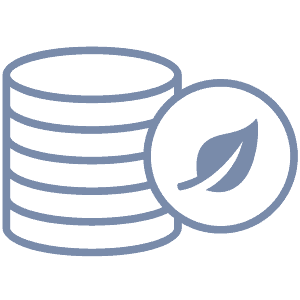1. Overview
In this quick tutorial, we’ll discuss how we can get the database URL from a JDBC Connection object.
2. Example Class
To demonstrate this, we’ll create a DBConfiguration class with a method getConnection:
public class DBConfiguration {
public static Connection getConnection() throws Exception {
Class.forName("org.h2.Driver");
String url = "jdbc:h2:mem:testdb";
return DriverManager.getConnection(url, "user", "password");
}
}
We can get the database URL by using the DatabaseMetaData#getURL method:
@Test
void givenConnectionObject_whenExtractMetaData_thenGetDbURL() throws Exception {
Connection connection = DBConfiguration.getConnection();
String dbUrl = connection.getMetaData().getURL();
assertEquals("jdbc:h2:mem:testdb", dbUrl);
}
In the above example, we first obtain the Connection instance.
Then, we call the getMetaData method on our Connection to get the DatabaseMetaData.
Finally, we call the getURL method on the DatabaseMetaData instance. As we’d expect, it returns the URL of our database.
4. Conclusion
In this tutorial, we’ve seen how we can get the database URL from the JDBC Connection object.
As always, the complete code for this example is available over on GitHub.





